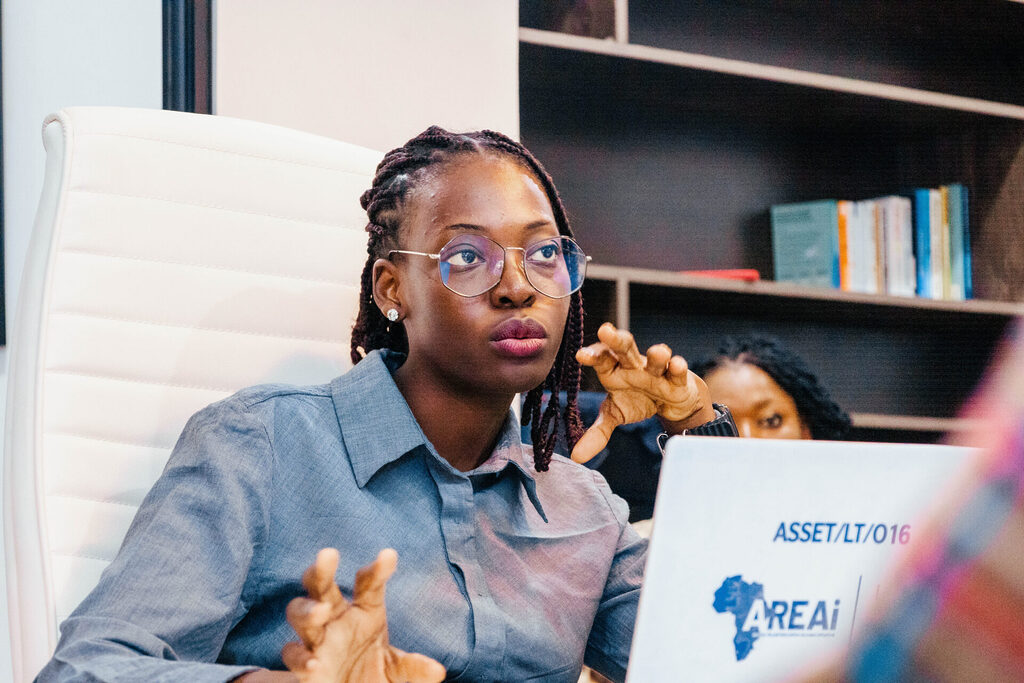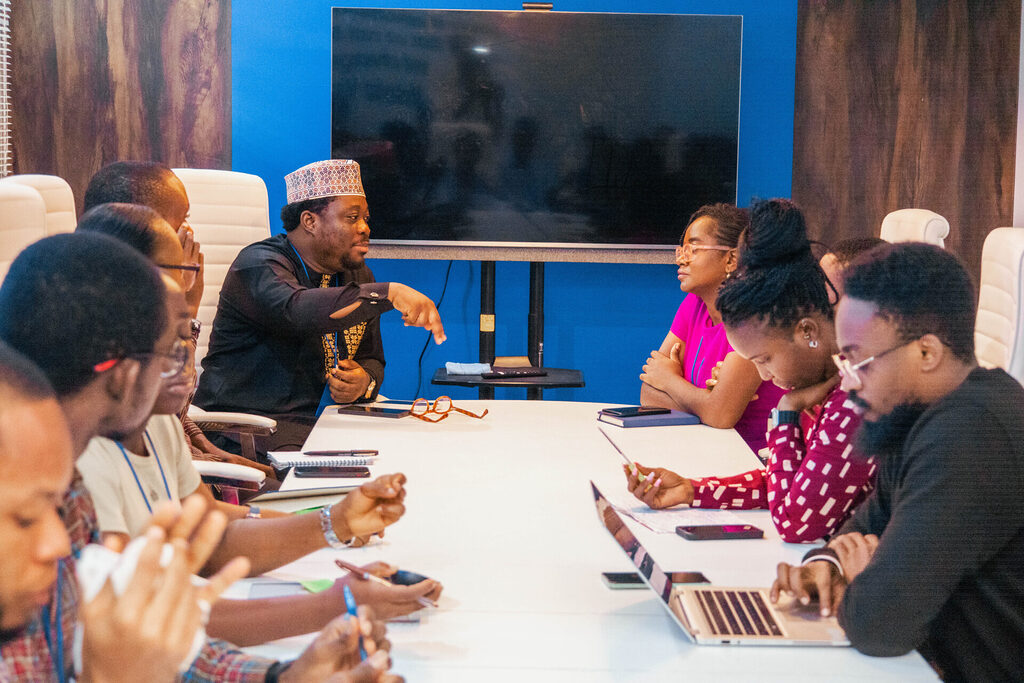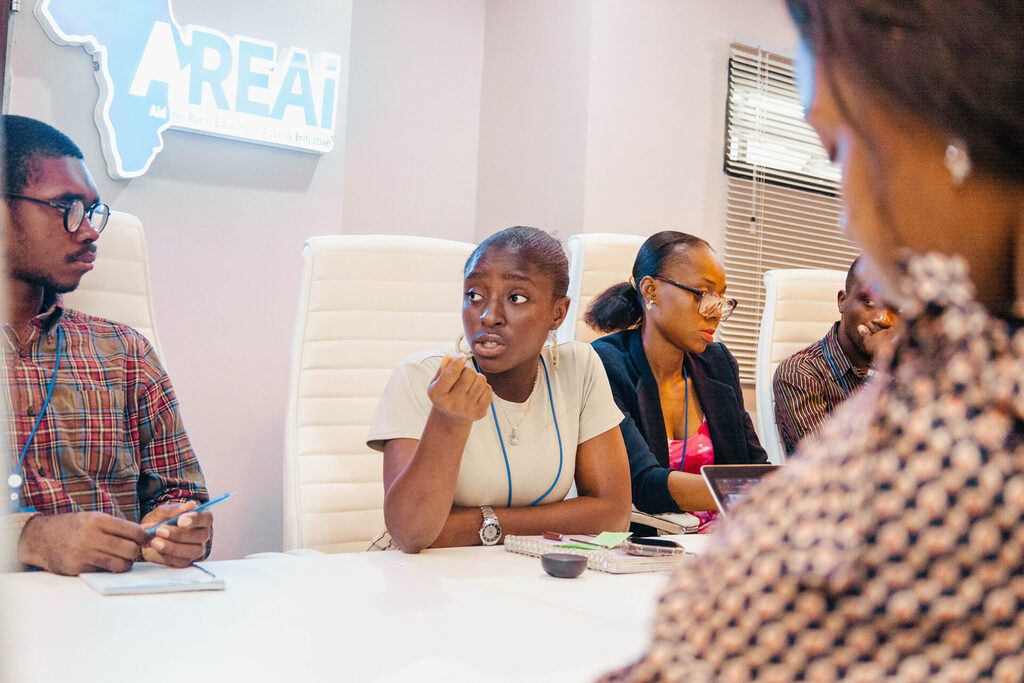
African countries are struggling with numerous challenges; at the peak is economic hardship for local and international organisations. High inflation and rising living costs have made it increasingly difficult for many NGOs to sustain their operations. Non-governmental organisations (NGOs), that focus on solving societal issues rather than generating profits, are particularly vulnerable to inadequate resources. The inconsistent access of NGOs to sustainable funding and changing donor objectives have made it difficult for them to meet project needs and maintain overhead costs in recent years. These major issues, coupled with operational systems that differ completely from those of profit-oriented entities, pose a significant threat to their survival.
Many African non-governmental organisations (NGOs) face resource constraints, which limit their ability to respond to urgent developmental needs and invest in long-term growth. Relying on a single funding source often causes financial instability, emphasizing the need to diversify funding streams to guarantee resilience and sustainability. Despite the diverse structures and purposes of NGOs in Africa, they face a common challenge of meeting insatiable societal needs with inadequate resources.
According to ONE Campaign, the net financial transfers to developing countries have fallen from their peak of US$225 billion in 2014 to US$51 billion in 2022. This evident decline in available funding coupled with the high poverty rate exacerbates the need for financial and non-financial resources for NGOs.
Diversifying funding sources is a deliberate attempt to create multiple funding sources. This approach creates a steady financing platform for sustaining the organisation’s operations. Effective funding diversification starts with a strategic review of the NGO’s current situation, institutional strengths, prospects, and an effective communication plan.
The leadership’s dedication to this is also critical, as they play an important role in generating diversification streams based on the organisation’s goal. Effective communication is a critical component of success in funding diversification.



The ability of NGOs to communicate effectively to stakeholders, by creating awareness around the range of program activities they undertake and their value to the beneficiaries, ensuring stakeholders understand their impact and the importance of sustained support is critical.
Therefore, diversifying sources of finance is essential to guaranteeing resilience and long-term performance. The following are strategies for sustainable fundraising:
1. Partnership with Private organisations: One effective strategy to secure funds for NGOs is maintaining collaboration with private organisations. This partnership advances corporate social responsibility (CSR) goals, which benefits both parties. Through this process, NGOs receive financial support for developmental goals, and the local private organisations, in turn, make a meaningful impact in the community where they operate. Private companies are eager to provide funding for areas that complement their CSR efforts, creating a lasting relationship that benefits both sides and the communities they serve. Such partnerships ensure sustainable impact, by aligning local private organisations with NGOs equals ongoing community development. Over time, the community will take ownership of projects, fostering long-term sustainability.
2. Leveraging Grant Opportunities: For many NGOs, grants from governments, foundations, and international organisations remain their main funding source. To take advantage of these opportunities, NGOs have to position themselves strategically to be competitive. Firstly, NGOs should design an organisational structure that aligns their thematic focus with funders’ priorities such as; education, digital literacy skills, health, gender equality, or environmental protection to increase their chances of securing grants. Secondly, funders prioritise NGOs with a record of measurable results from projects undertaken by them. NGOs should invest in a reliable monitoring, evaluation, and reporting system to showcase their success. Donors prioritise results-oriented partners who make their words impactful actions. Lastly, NGOs’ should cultivate a robust communication strategy; showcasing successful initiatives through social media, annual reports and project documentation enhancing visibility and credibility. Through these means, certain grant opportunities can arise from referrals leading to new opportunities and sustained funding; thus highlighting the importance of building strong relationships with previous funders. Above all, multi-year grants are particularly valuable as it presents the most stable grant-making source that provides sustainability and scalability for programs. NGOs should actively pursue these grant opportunities to ensure consistent funding.
3. Collaboration with Academic and research institutions: Through academic research, non-governmental organisations (NGOs) can raise sustainable funding. By fostering long-term partnerships with research and academic institutions, NGOs can leverage intellectual and social capital, in creating synergies between research, education, and social impact. Universities that specialize in research on development studies, public policy, or environmental science build long-term partnerships with NGOs by co-developing sustainable programs funded by external donors through research grants. In addition to financial contributions, collaboration with universities and research institutions helps to provide in-kind support, like, delivering capacity-building workshops or training programs to NGO staff.
4. Online donations: Setting up an online funding medium allows for funds to accumulate over a while, which can be used for project activities. The rise in the use of digital technology has made this means advantageous as it ensures global reach at the donor’s convenience. While many African NGOs do not effectively utilise this means of sustainable fundraising, many international NGOs have adopted this mode as a versatile platform to accumulate funds. For example, the Clinton Foundation leveraged online donations with campaigns like #Giving Tuesday to inspire global giving. Online giving allows NGOs to design creative and targeted themes that resonate with donors’ interests, motivating them to contribute.
Diversifying funding sources is essential to ensure the sustainability and resilience of African non-governmental organisations. As Africa’s financial challenges worsen, there is an urgent need to adopt innovative strategies to garner funding from private organisations, grant providers, academic institutions, and online donations. These approaches go beyond traditional fundraising methods to embrace a mixed-methods strategy of traditional and innovative funding strategies for NGOs to secure long-term growth and impact.
By fostering strong relationships with partners, demonstrating measurable results, and effectively communicating their achievements to stakeholders, African NGOs can navigate resource constraints and continue addressing the continent’s pressing societal challenges. Diversification is no longer an option; it is the pathway to thrive in a dynamic environment.
1. https://data.one.org/data-dives/net-finance-flows-to-developing-countries/#h-the-lowest-financing-levels-since-the-global-financial-crisis
Written by: Oluwadamilola C. Iyiola
PROGRAMME AND PARTNERSHIP ASSOCIATE.